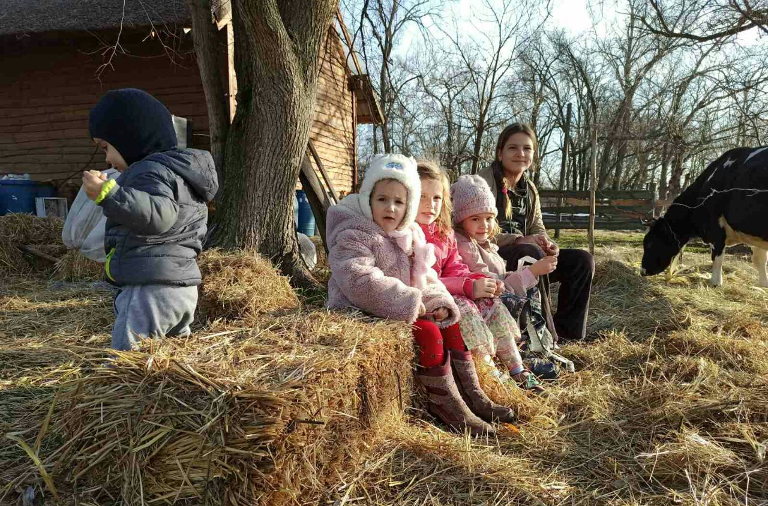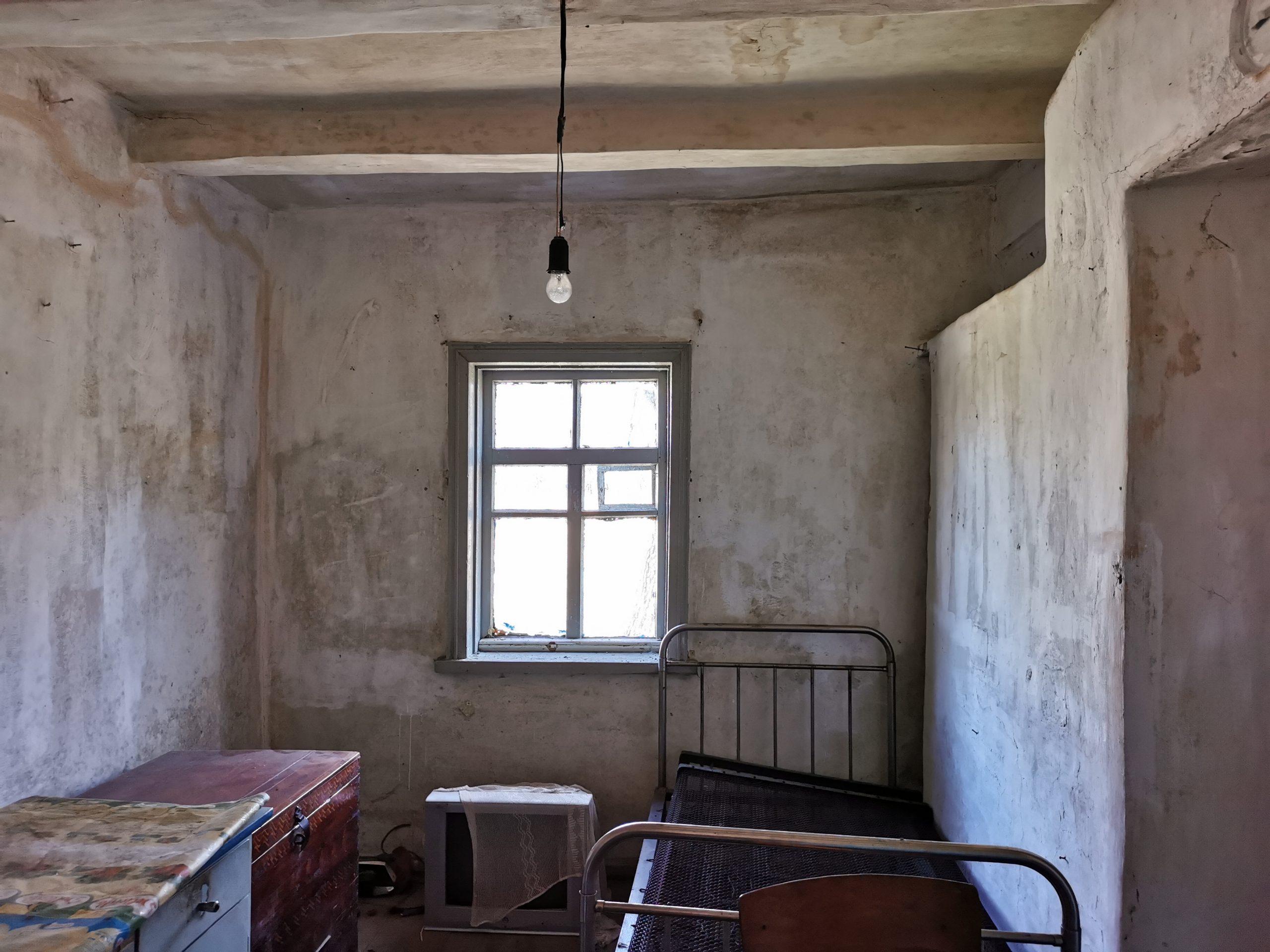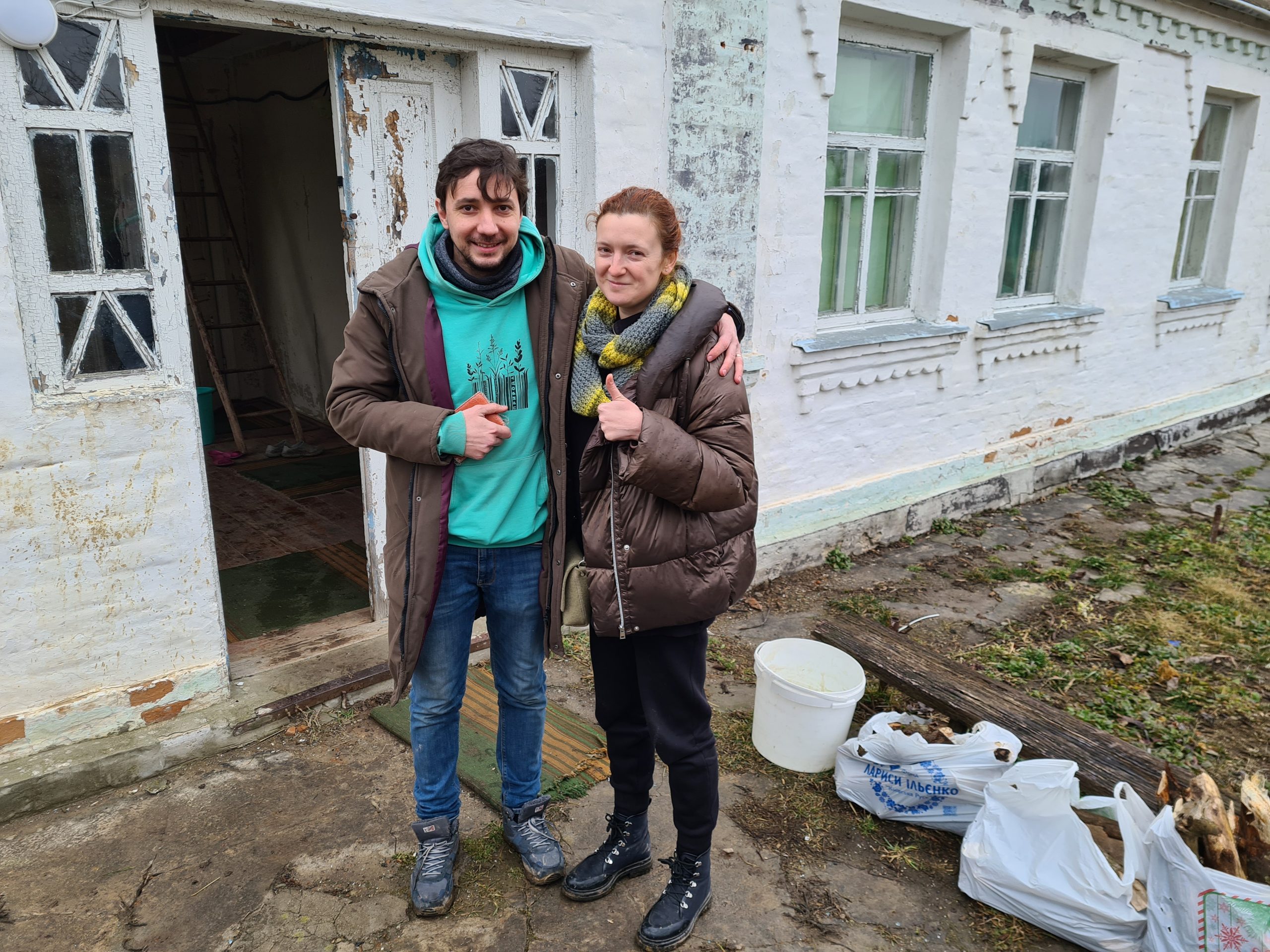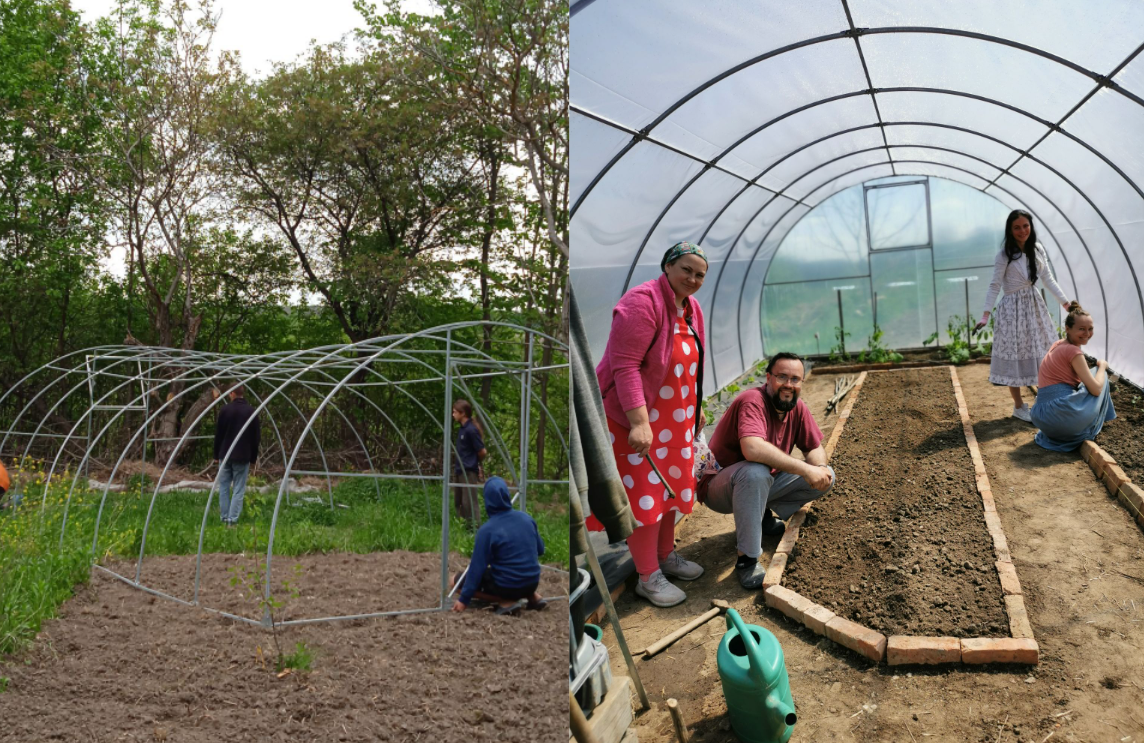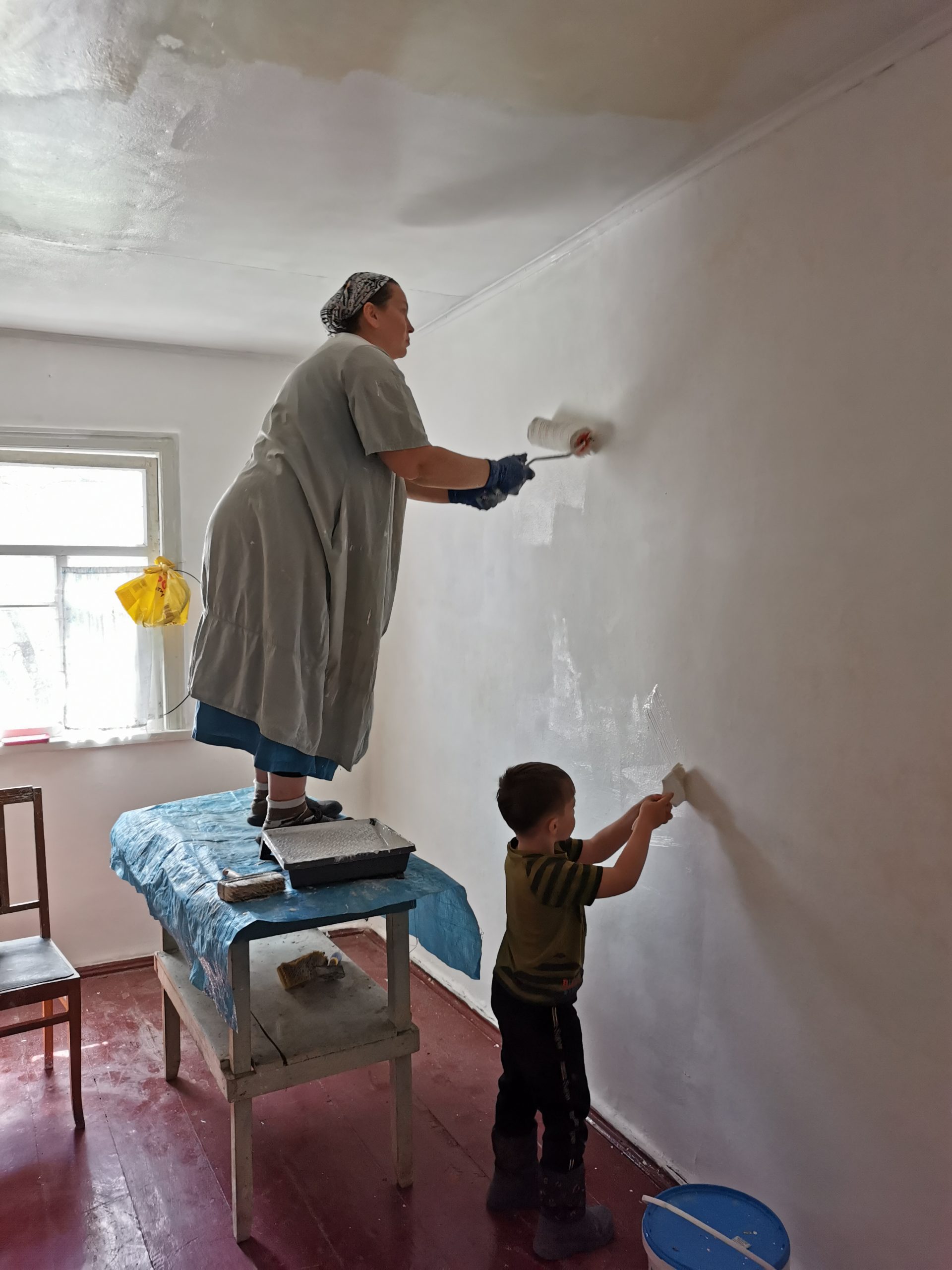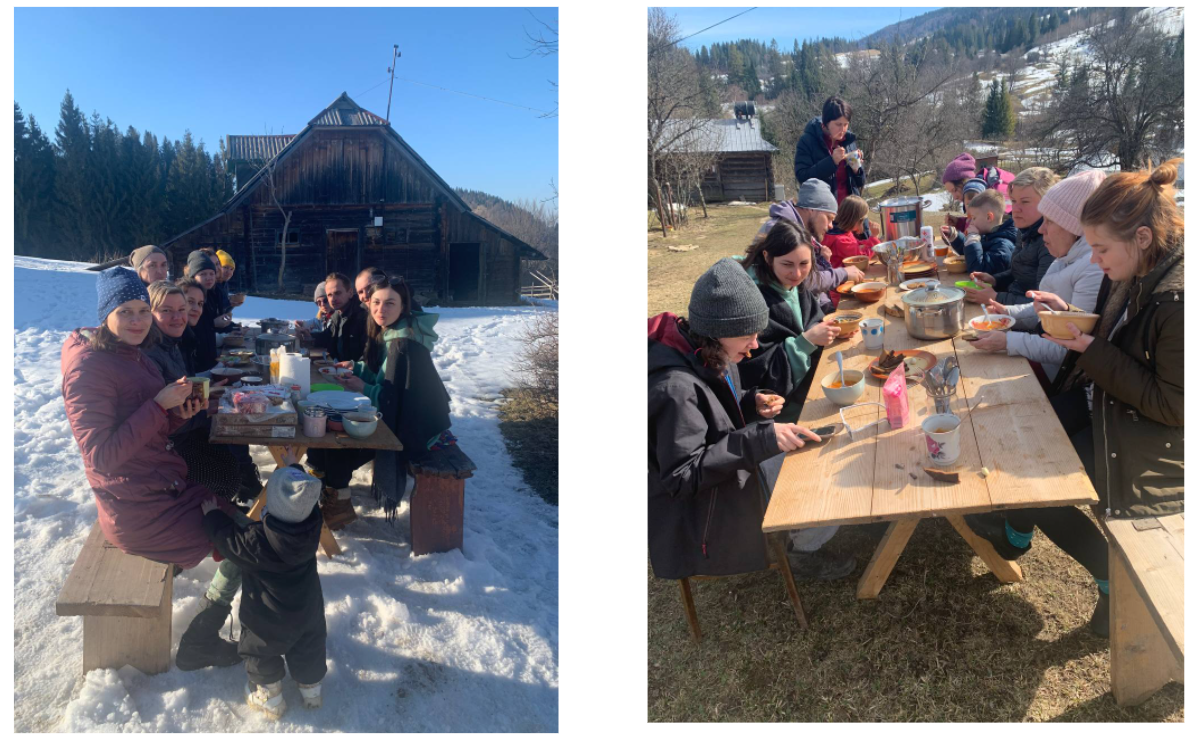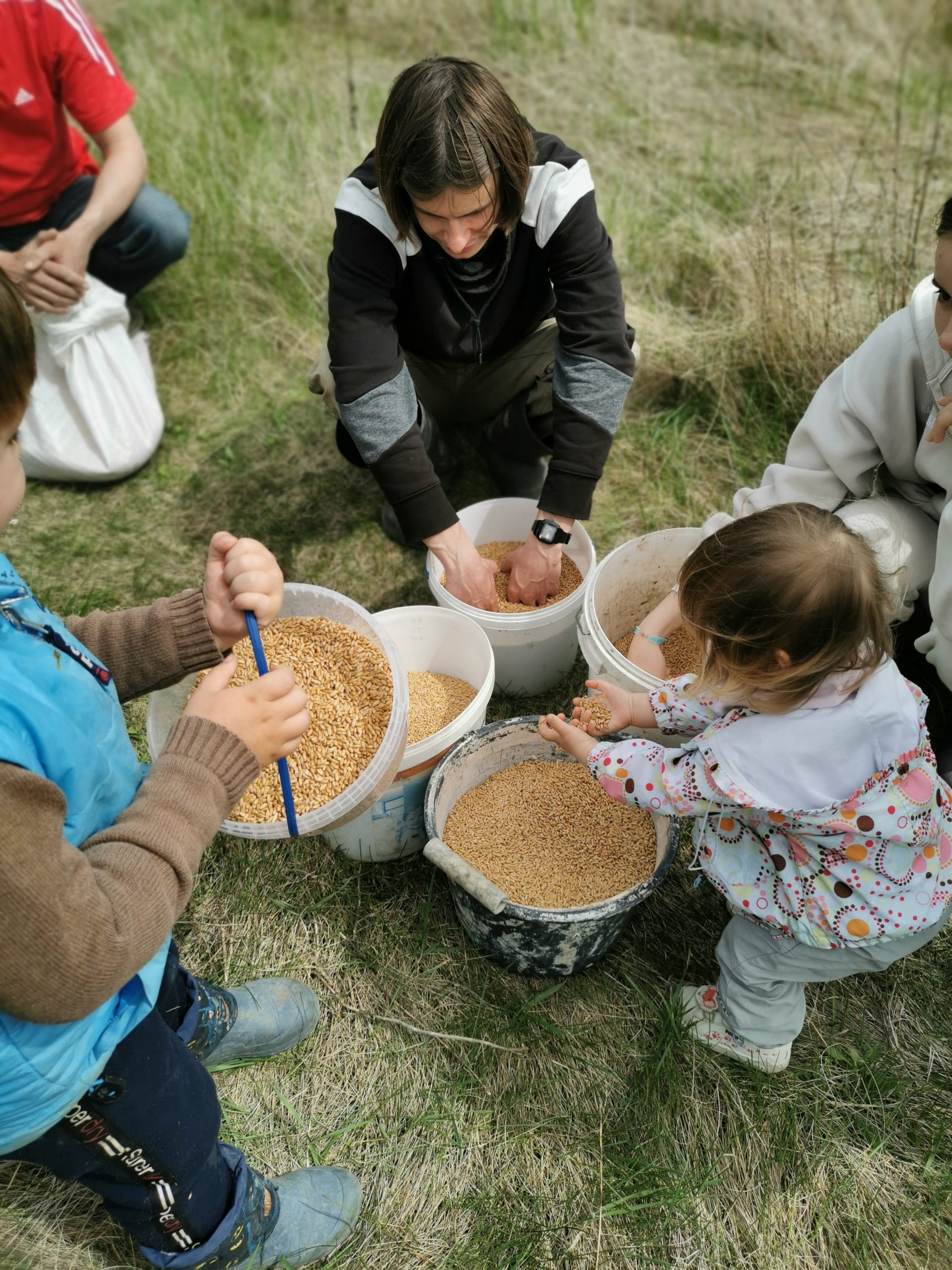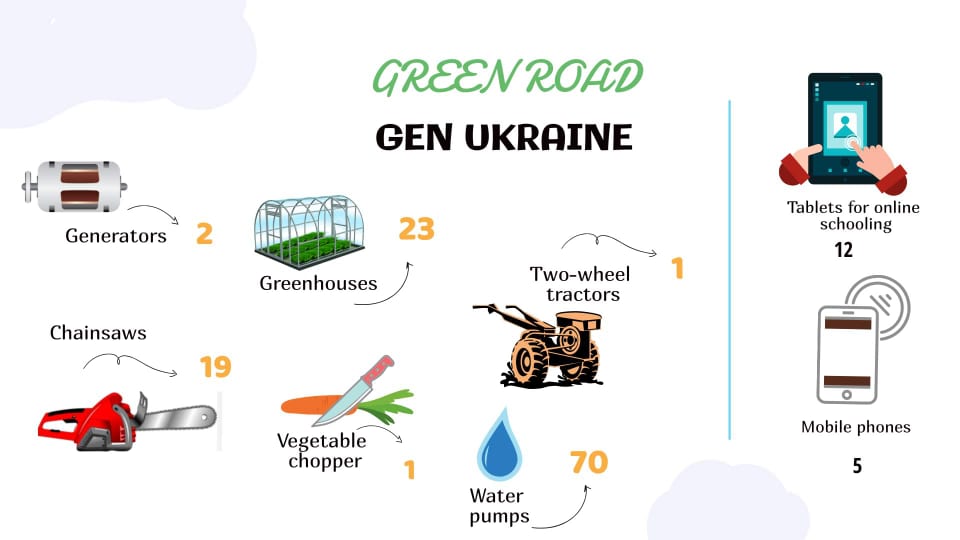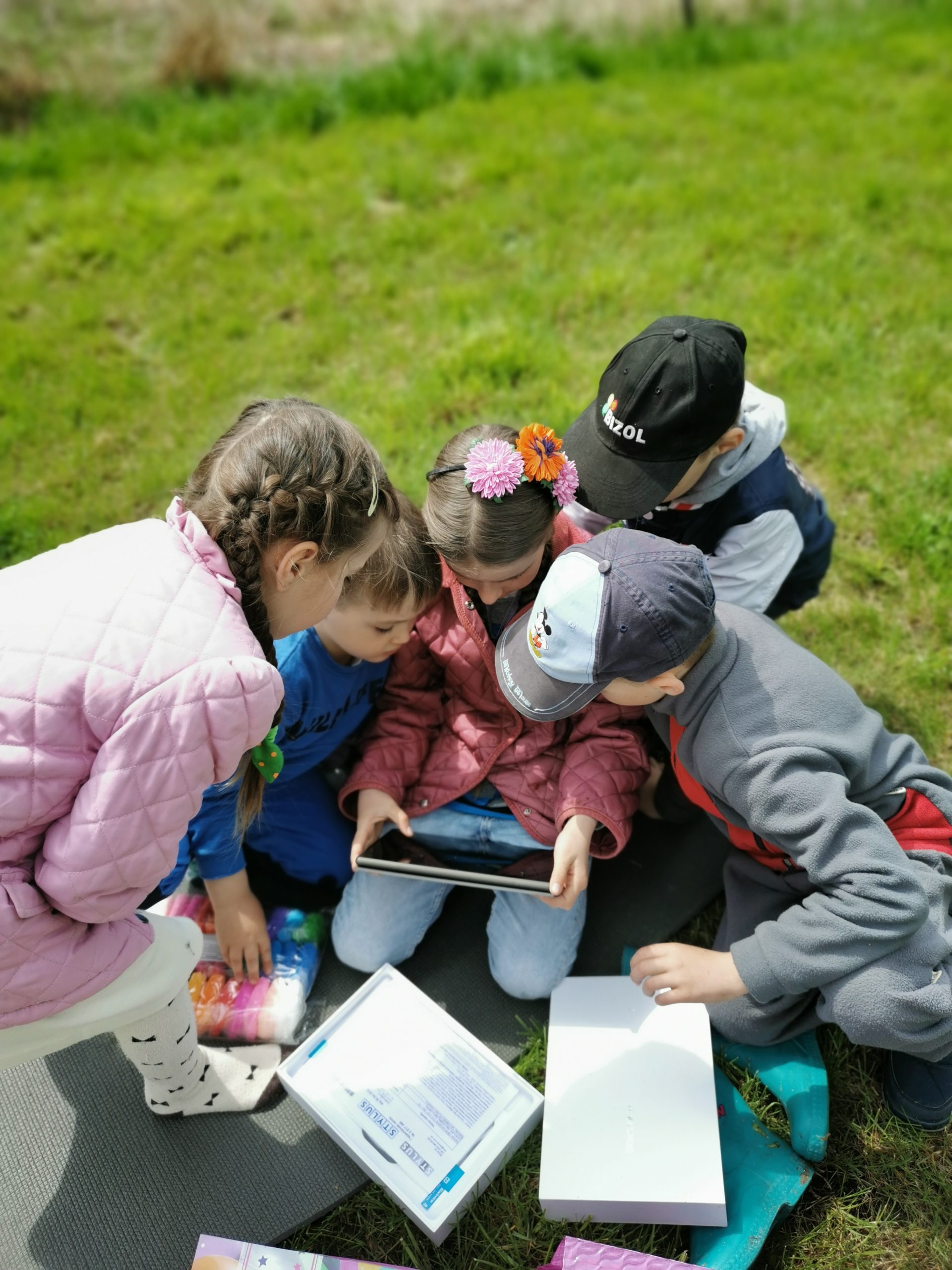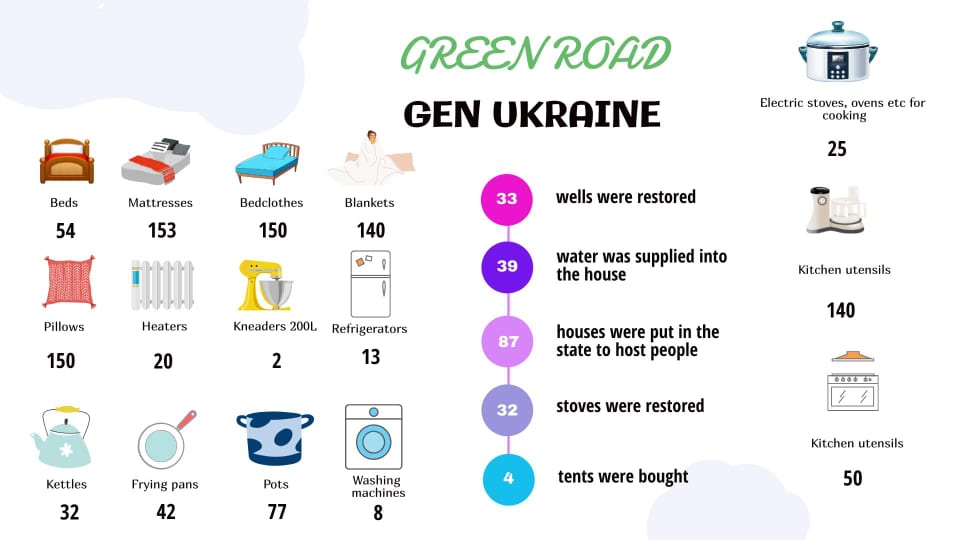Ed. note: This article first appeared on ARC2020.eu. ARC2020 is a platform for agri-food and rural actors working towards better food, farming, and rural policies for Europe.
In times of tragedy and disaster, people can come together and do extraordinary things. And so it is in and around Ukraine, where an amazing mutual aid network called the Green Road has emerged – organically, rapidly, and with impact. The Green Road has seen the global and the local Ukrainian ecovillage and permaculture communities involved in ongoing emergency support for people fleeing the war. Anastasiya Volkova of Permaculture in Ukraine has more.
How it all began
On February 24, Russia attacked Ukraine. People in cities woke up from explosions. Hundreds of thousands of them immediately took their cars and fled with their families to a safer place. Some of them headed at once to the border, while others preferred to go to the countryside.
Before the war two Ukrainian NGOs already had their networks: ‘Global Ecovillage Network Ukraine’ developed a network of ecovillages and ‘Permaculture in Ukraine’ a network of permaculture centres.
Already on the second day of the war the heads of both organisations had a call and decided to mobilise their members to host people from the cities. A first list of contacts appeared and very quickly a first map that was supposed to help people to find a location in their region. Then there was a call with the board of ‘Global Ecovillage Network Europe’ who proposed to open the doors of European communities to the refugees. So, the map began to grow very quickly: ecovillages, ecological farms, individuals living in the countryside ready to host for free.
Next, the coordination team began looking for finances to support the locations and provide what was needed. And there was a need for everything: mattresses, food, fuel, medicines, warm clothes – often people were coming with one small bag – and it was winter. And these were mainly women with children or elderly people. its also worth remembering that Ukrainian ecovillages are not rich: very often the conditions are very modest.
NGO ‘Global Ecovillage Network Ukraine’ was created in 2018 in order to unite existing communities, strengthen them and contribute to the creation of new ones. Inspired and supported by GEN Europe the network had a very quick development, organising gatherings, trainings and tours. The organisation promotes sustainability, ecological agriculture and European values. Our website: genukraine.com.ua
International support
Ukrainians travelled to ecovillages in Denmark and are fundraising for humanitarian aid for the Green Road
The friends of both organisations from all over the world began fundraising campaigns. Donations were coming and were being distributed. The coordination team worked day and night. The Danish network of ecovillages helped to get a grant support.
Typical state of abandoned Ukrainian ecovillage home in need of renovation
Regular calls with GEN Europe marked the development of the project: numbers of the hosting locations were rising, waves of migration were going up and down, some locations found themselves under occupation, the needs were changing. Step by step the project became something important.
Fridge delivery for a family of refugees in a cold February
The name Green Road comes from the fact that during the first month lots of people were heading to the western border and stayed in the ecovillages only one or several nights. At one moment we had on the map several possible roads to follow from east to west.
Preparation of food for refugees
Evolution of the project
A family of ecological activists who found a temporary new home in a Ukrainian ecovillage
When the first urgent needs were covered and on the other hand came the understanding that the war was not going to end soon, we began rethinking the project to make it more sustainable and long lasting.
gas stove deliveries are important, especially when electricity supply is unstable
There was a need to ensure food security of the communities. The ecovillages and permaculture centres had already grown food for themselves. Now they had to upscale their activity and grow more.
Greenhouse construction. 23 have been installed so far via the Green Road donations.
With donations we bought 23 greenhouses that were installed and are already working. These greenhouses are not only about food growing but also places of common work of community people and refugees.
Food distribution to families in need
Also began the quest for two-wheel tractors that are highly needed in ecovillages. We call it a quest as it took us much effort to find financial support and when we found it it turned out to be difficult to purchase them: the factories stopped working and the shops don’t have enough stocks or are situated on the occupied territory. Our locations are still waiting for these.
House renovations to host new people
Besides food growing, the improvement of the living conditions of the families began. One thing was to host people for several weeks in old houses and another question is to make their life comfortable for a longer period taking into consideration that these are mainly women with children.
Gardening in an ecovillage, where refugees fleeing war and an established ecovillage community share tasks
Fridges, washing machines, shower cabins, kitchen gear – that is what we are providing and there is still much need for these sorts of things.
Horse transportation of humanitarian aid and a greenhouse to a remote region in the Carpathian mountains
Additional activities
Two additional directions developed inside of the network. These are rehabilitation of volunteers and rehabilitation of children.
rehabilitation for refugee children with farm animals
Some locations propose free weekends for volunteers that work in big cities in shelters with refugees. Spending time in the countryside is a healing time for these volunteers that helps them not to burn out.
rehabilitation for refugee children with farm animals
And some other locations invite groups of children to make different crafts and communicate with farm animals that helps them to forget for some time their hard reality of constant alarms and hiding in bomb shelters.
rehabilitation for refugee children with farm animals
Mutual support
Common lunch of ecovillage people with refugees
From the very beginning there was a high level of solidarity inside of the network of the Green Road and willingness to share. A permaculture centre that has extra seeds and seedlings of tomatoes is sending it to others, a farm that produces cheese is offering it for free to other members of the project and so on.
ecovillagers and their refugee guests seeding wheat
The Telegram chat of the coordinators of the locations became a platform of knowledge sharing.
Once a week there is a call for the coordinators of the locations where they are sharing their issues and successes. And once a week there is a call of psychological support for those who need it for themselves or for the members of their communities.
Common lunch of ecovillage residents and refugees
What is the Green Road now
Well renovation
As for the beginning of May there are up to 80 locations in Ukraine that are hosting and are supported by the project. And up to 320 locations worldwide that are already hosting or are ready to host Ukrainians. There are more than 350,0000 views of the map.
Green Road hosting locations in Ukraine and further afield
From February 24 Ukrainian ecovillages have given shelter to more than 2500 people (up to 500 children) and now host up to 1400 persons (around 200 children) ,along with the existing members of the communities themselves. More than 60 abandoned houses have been renovated, more than 30 stoves restored, more than 30 wells cleaned – great example of sustainability.
Workshop for refugees in an ecovillage
66 000 EUR of donations and grant support were distributed to the locations. The biggest expenses are tools and building materials, household goods and food.
May 2022 estimate update of spending from GEN Ukraine
Apart from the numbers, the Green Road is now a living network of developing communities that are rebuilding their infrastructure and integrating new people.
Greenhouse construction. 23 have been installed so far via the Green Road donations.
These are not shelters with hundreds of beds in a row or ugly cabins for refugees in a line. People here are not refugees. They are guests. They take part in the life of the communities: in garden works, in renovating the houses, in different kinds of events.
Children around a tablet purchased for online schooling
Issues and plans
gardening work
There is still much to do in many directions of the project: improving life conditions of the displaced families, developing agriculture, green technologies within the face of already present fuel crises, installing playgrounds for children, creating new businesses as a lot of members of the ecovillages themselves are now left without income and the possibility to continue their professional activities.
construction work
Not to mention the reconstruction of destroyed ecovillages. At least 5 of them were severely damaged with destroyed private and common houses and ruined infrastructure.
May 2022 estimate update of spending from GEN Ukraine
How to help
You can support the project with donations. PayPal: [email protected] Personal transfer by https://wise.com: EUR into UA 4731185605364501 Zalevskyi Maksym [email protected] or other variants on GEN Ukraine’s website. GEN Ukraine is also inviting volunteers to come and help us in construction and garden works. For any questions you can contact us at [email protected] We believe in a free and successful Ukraine and thriving ecovillage and permaculture movement!


